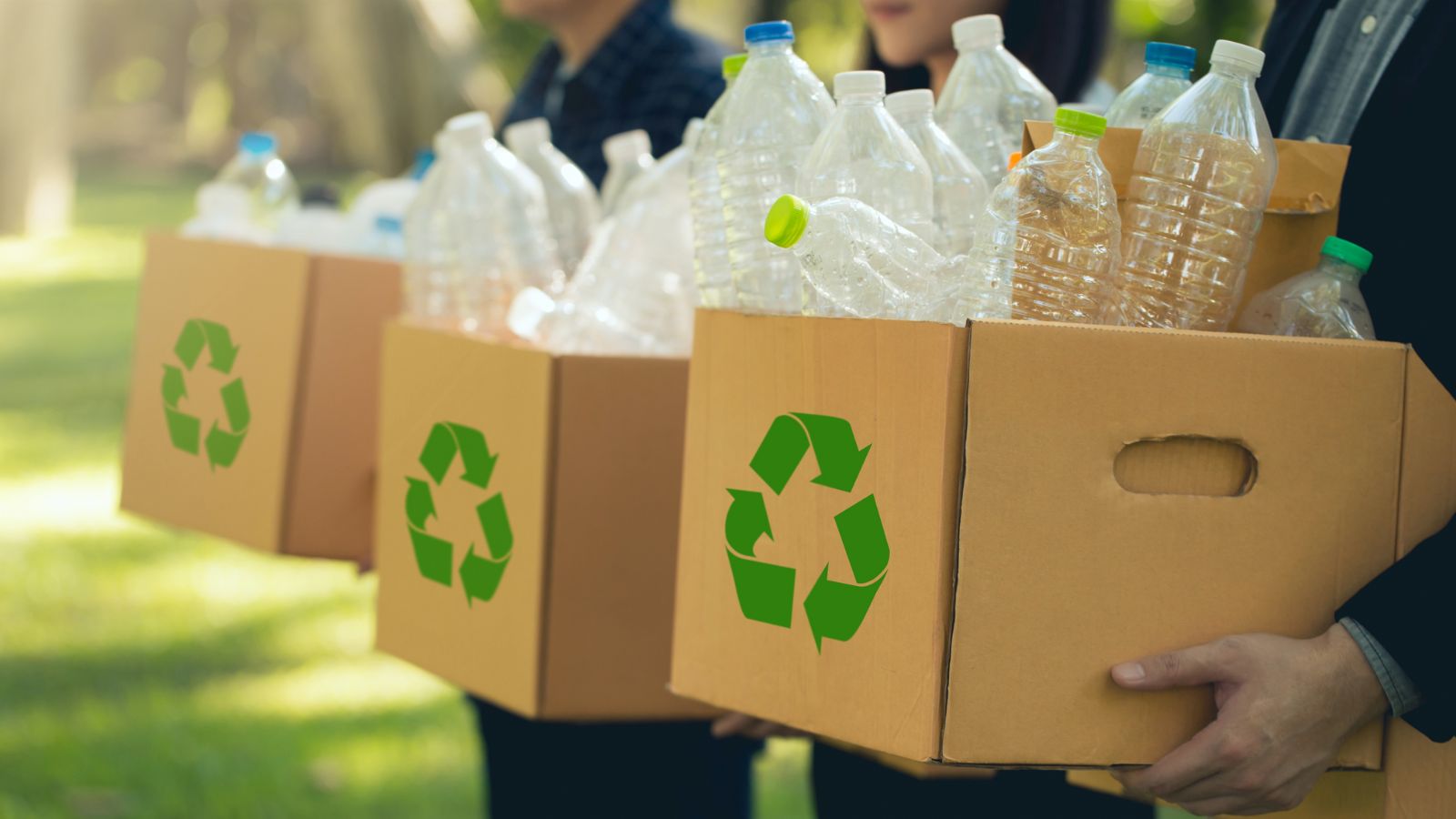Myths about repurposing have existed since curbside recycling became common in the 1970s. Sadly, these myths—exaggerated and untrue—have led to more and more items headed for landfills. Here are some of the most common of them that Brits believe today.
All Plastics Are Recyclable
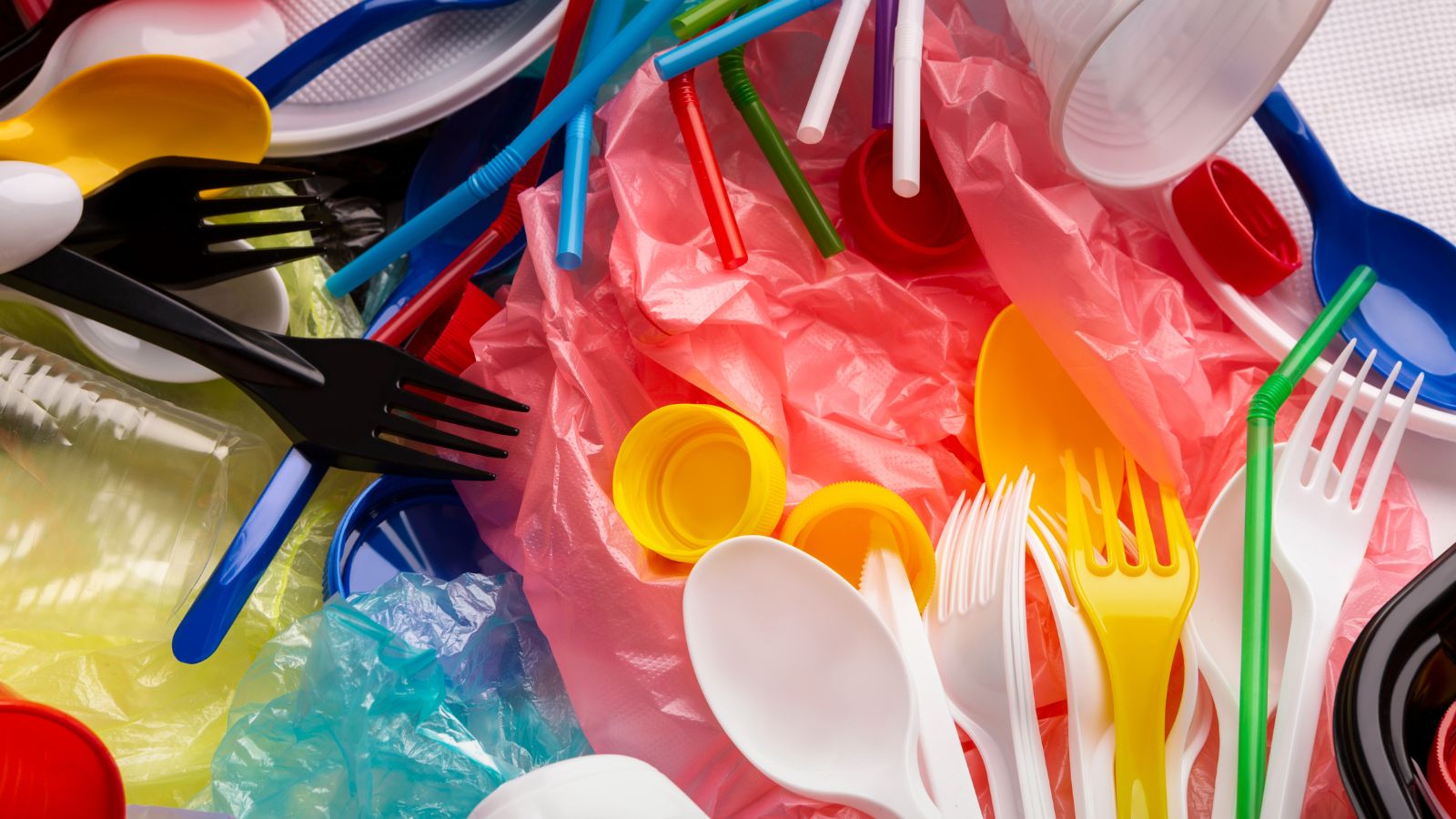
Plastics for Change explains that “in principle, almost all plastic can be recycled,” but “in practice, there are a variety of different barriers that can undermine this process.” Items that include multiple types and layers of plastic are difficult to separate, making recycling costly, and plastics that have food on them can also be rejected.
Recycling Paper Always Saves Trees
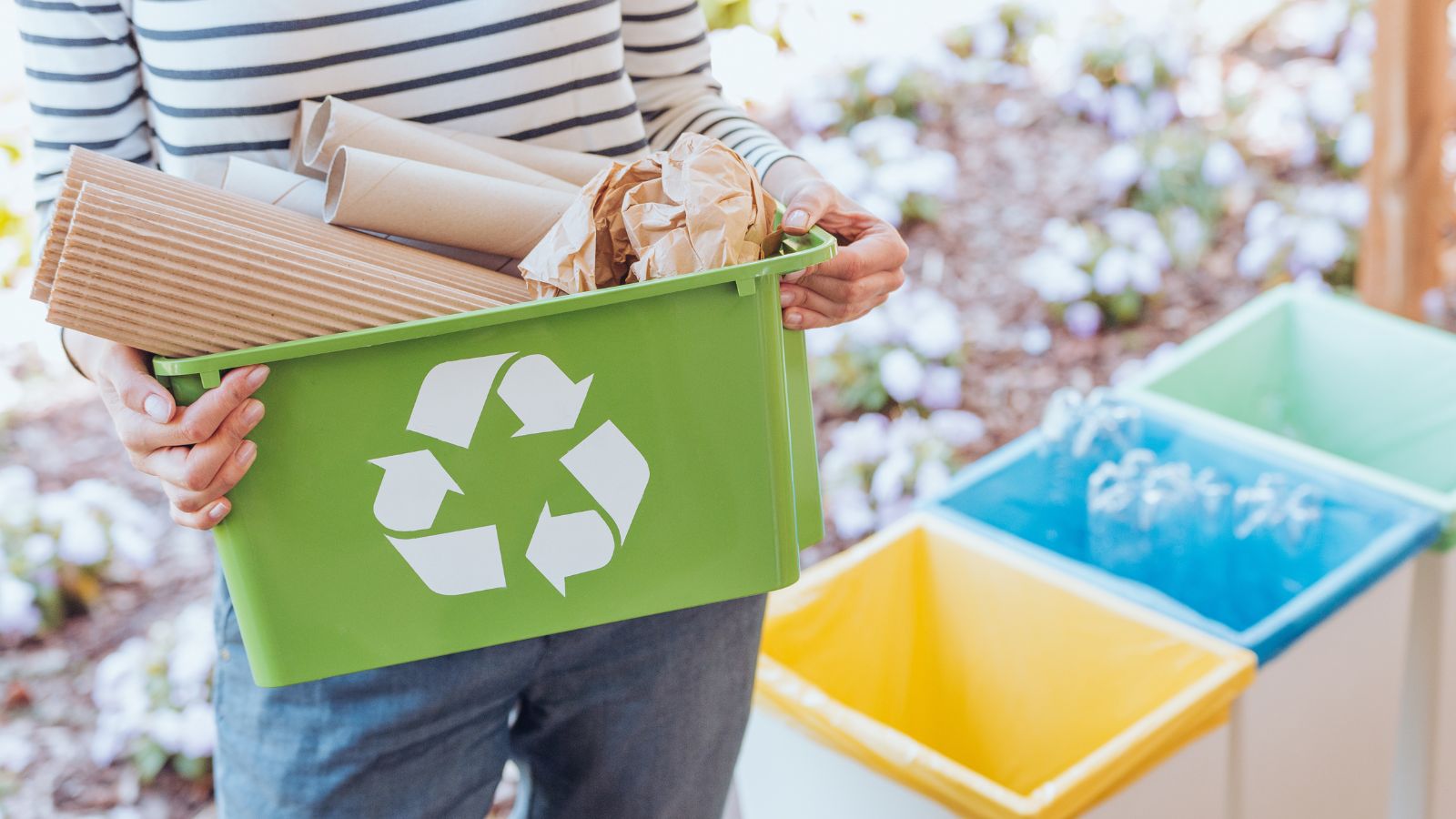
Recycling paper and cardboard reduces the demand for virgin pulp from trees, protecting forests, and most paper is recycled in the UK. However, billions of trees are still cut down annually to meet global demand, much more than recycling saves.
Biodegradable Products Are Good for Composting
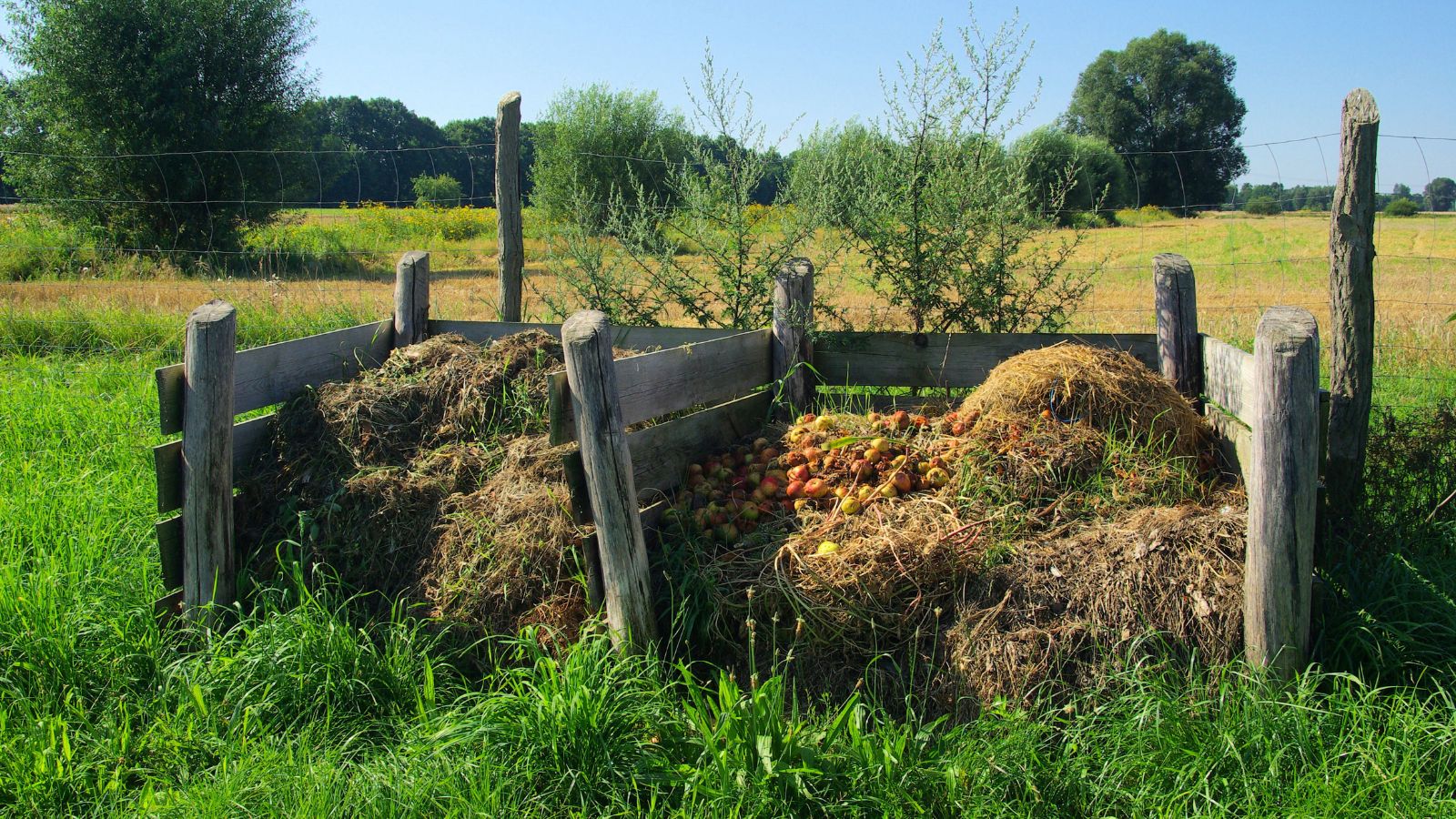
Many Brits are unaware of the difference between biodegradable and compostable plastics. All compostable plastics are biodegradable, but not all biodegradable plastics are compostable. Biodegradable plastics should be recycled, and compostable plastics should be put in your compost bin.
Caps and Lids Shouldn’t Be Recycled
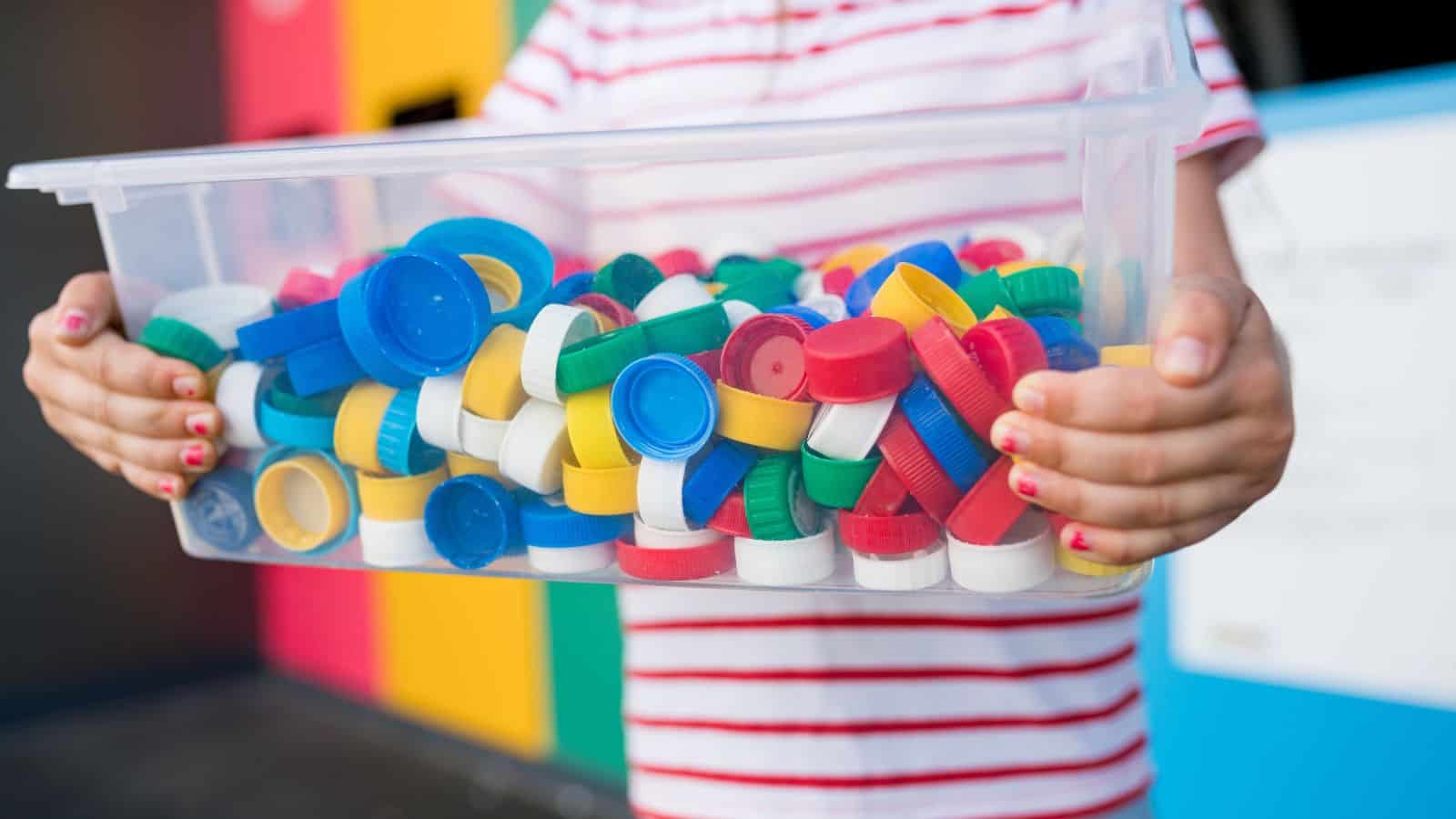
Some people throw caps and lids from bottles they recycle into the trash, but most of them can be recycled. Nearly all caps and lids are made from plastic, steel, or aluminum, which can all be recycled, so they should be put in recycling bins.
Recycling Is Pointless if Not Everyone Does It
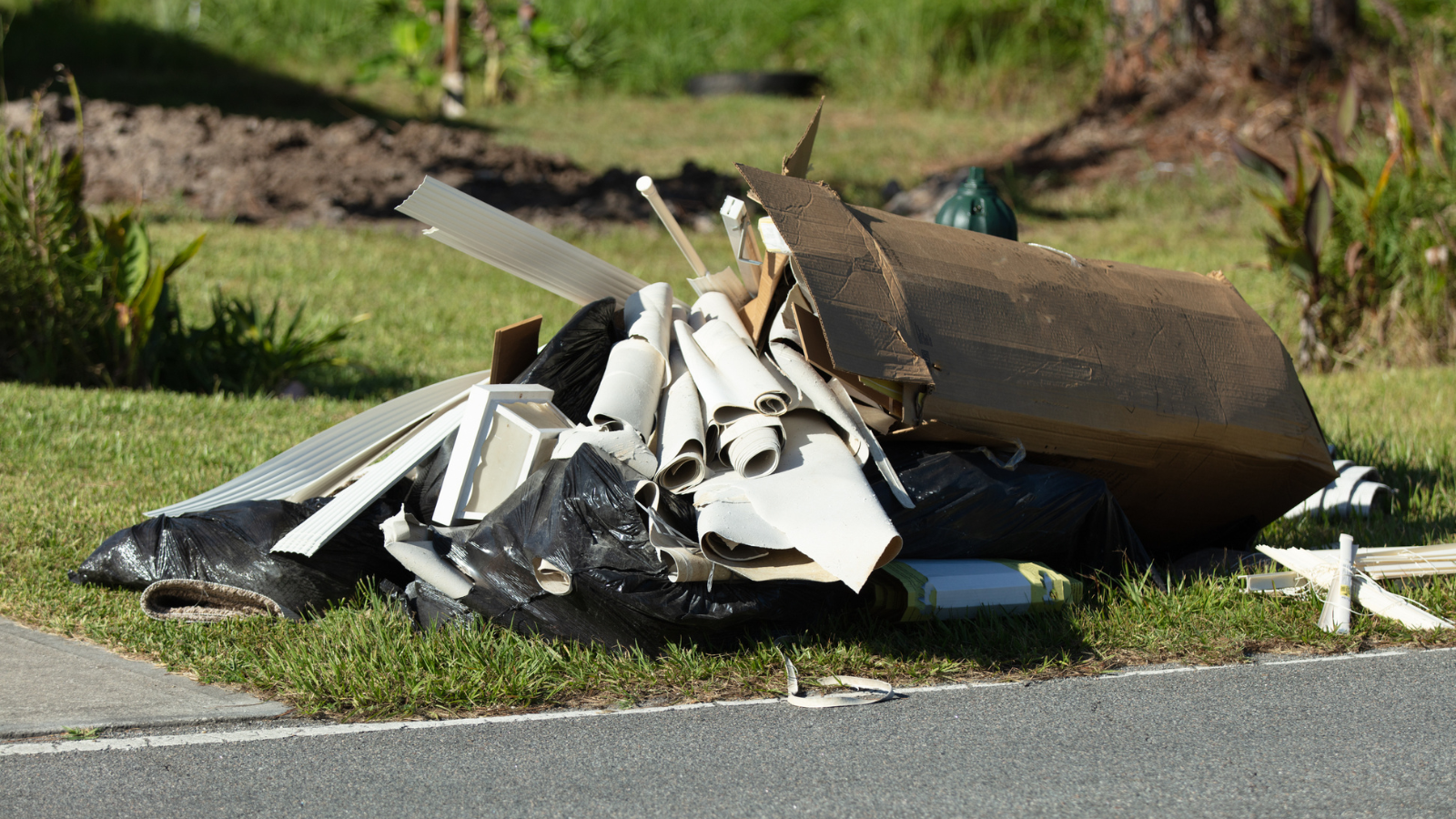
Not everything is recycled in the UK, but rates have drastically increased in recent decades, and the technology has improved. Nearly all Brits have access to regular recycling collections, so it’s important to recycle even if others don’t.
Glass Isn’t Infinitely Recyclable
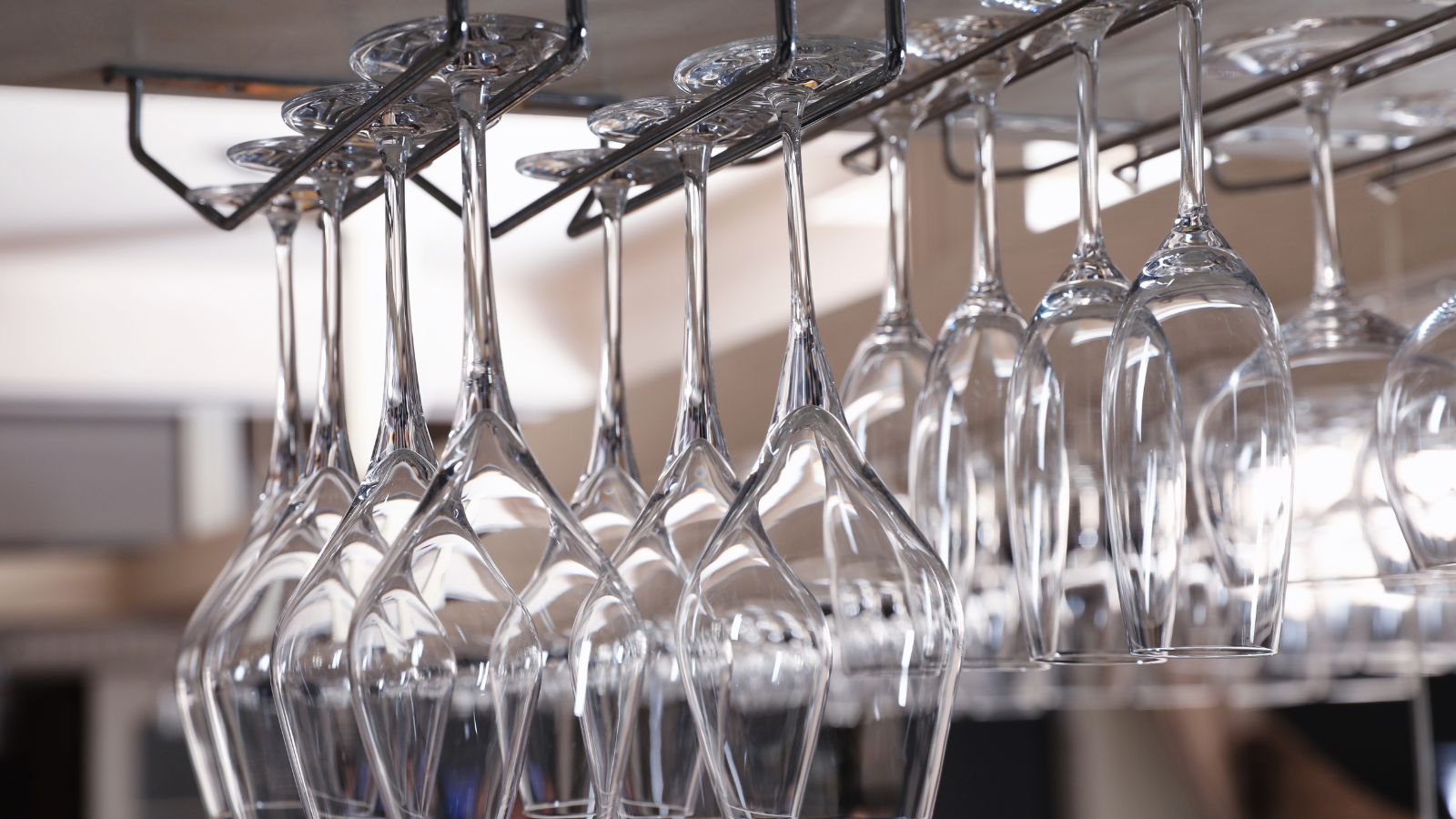
Some people believe that glass degrades over time as it is recycled and that the process can only be repeated a few times. HowStuffWorks explains that it’s “considered infinitely recyclable because you can melt and reform it into new glass products without it losing its purity or quality, no matter how many times you repeat the process.”
Composting Is a Complete Alternative to Recycling
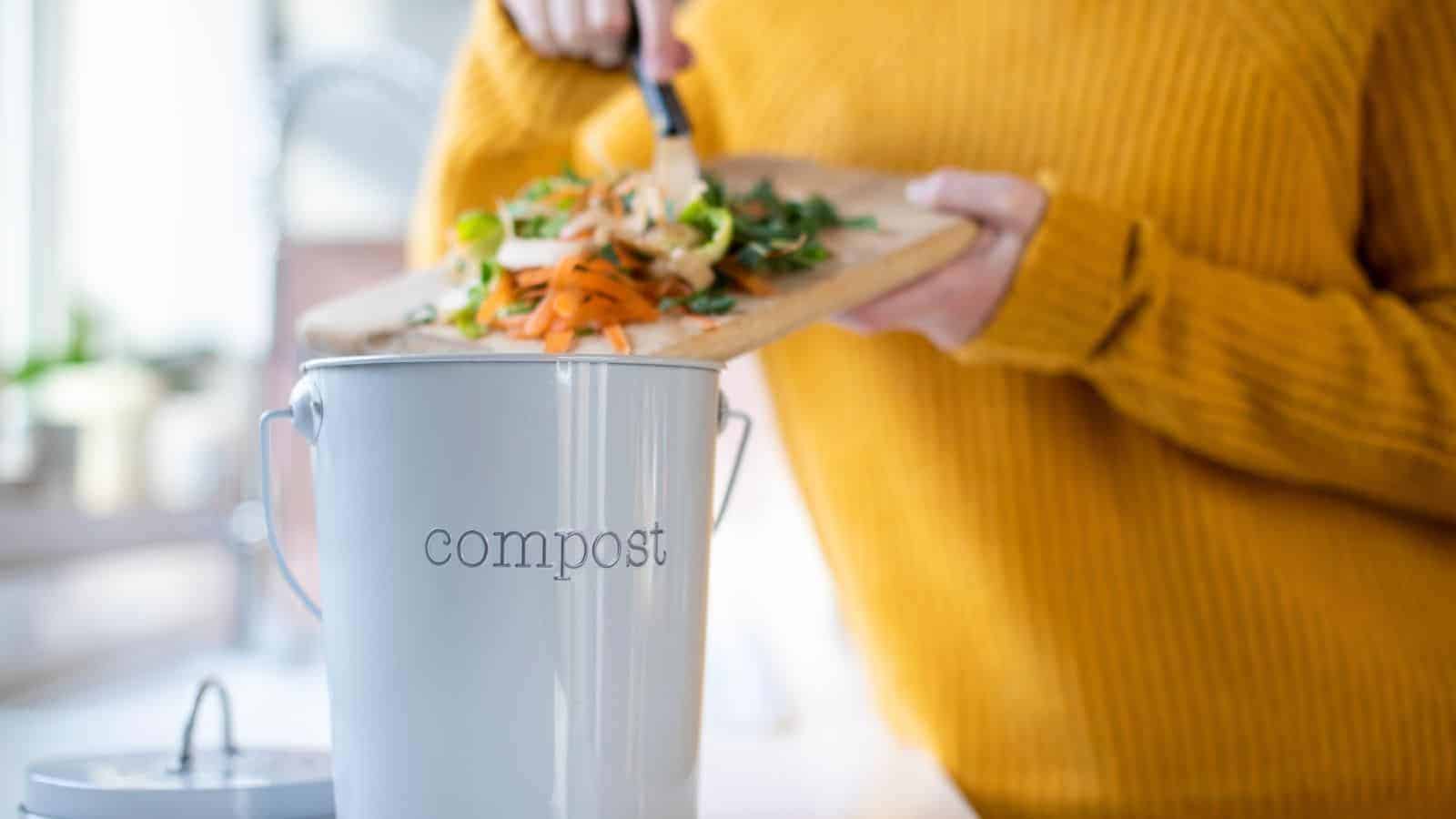
Composting and recycling are both good for the planet by reducing the demand for raw materials and landfills, but they’re different processes. Composting is the natural process where food and other organic materials, not metals, plastics, and paper, decompose into nutrient-rich soil or mulch. Recycling is collecting and processing materials that can’t be composted and turning them into new products.
Recycling Uses More Energy Than It Saves
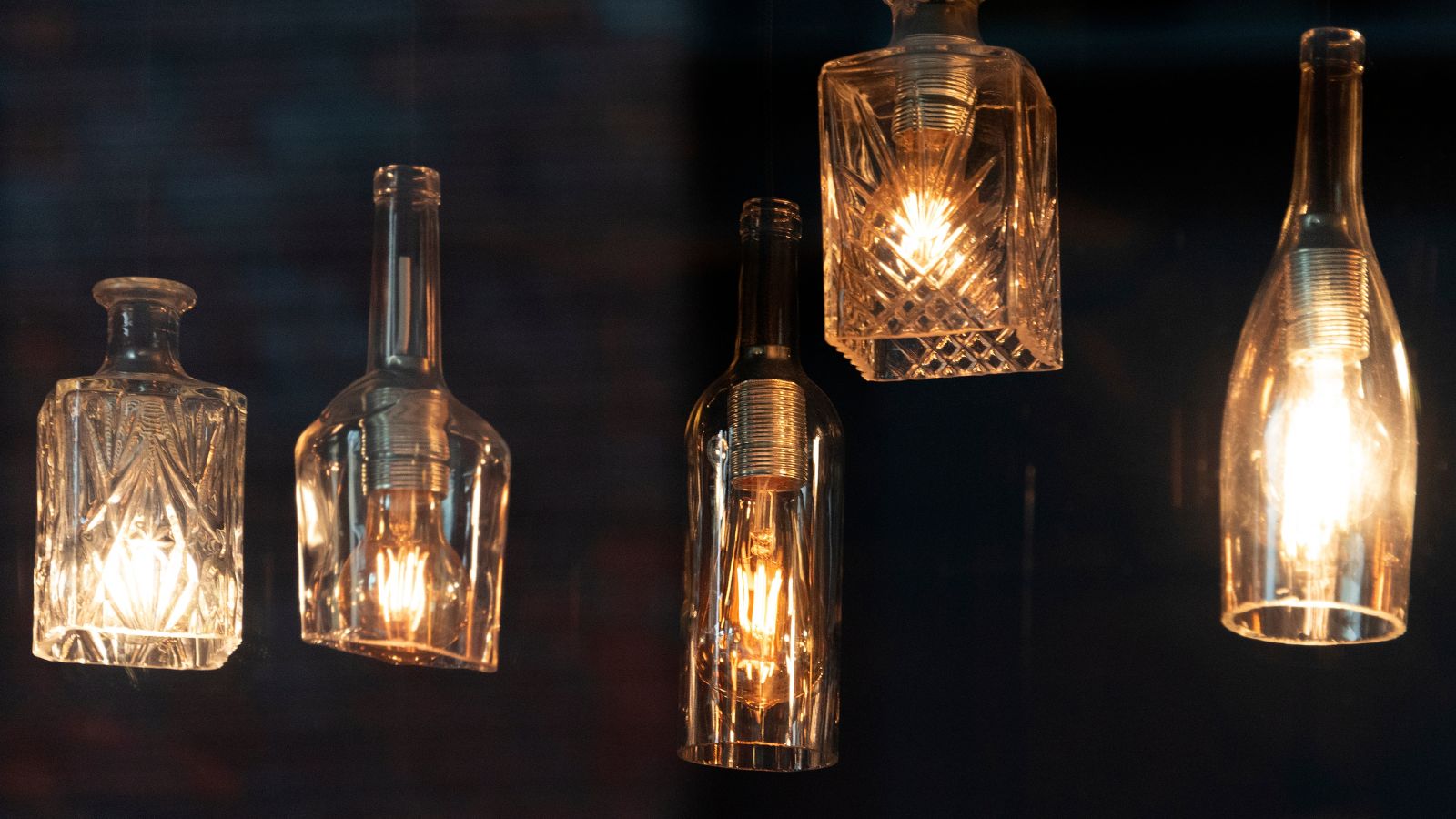
The energy consumption of the recycling process is usually much less than that of new material production. The AGI explains that, compared to making materials, “recycling often saves energy because the recycled products usually require much less processing to turn them into usable materials.”
Recycling Myths Are the Same Everywhere
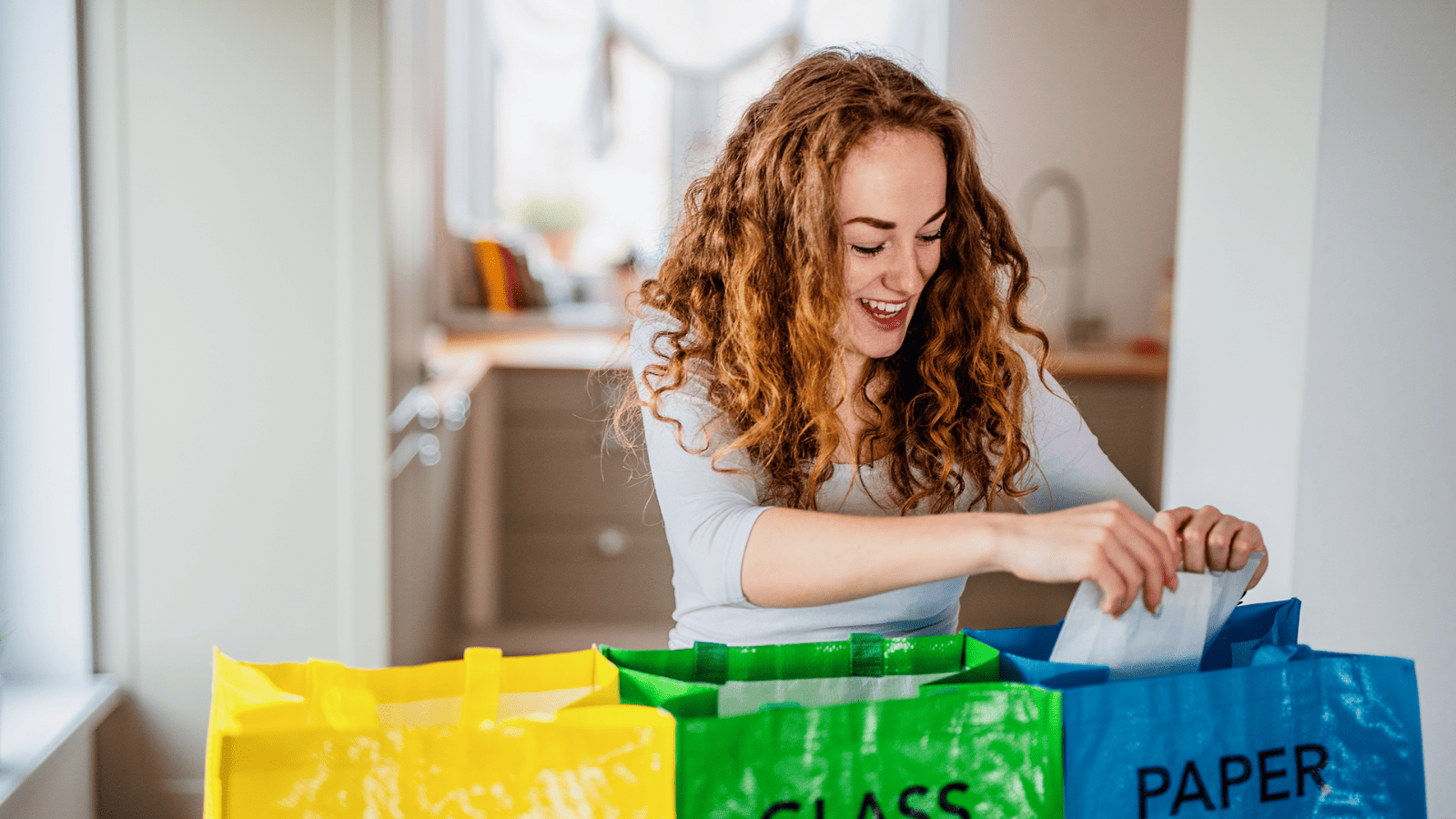
Some recycling myths are believed by people worldwide, but different countries have their own misconceptions and capabilities. It’s important to check local guidelines before recycling to avoid throwing away products because of a local myth, such as “products made from multiple materials can’t be recycled.”
It’s Okay to Bag Recyclables
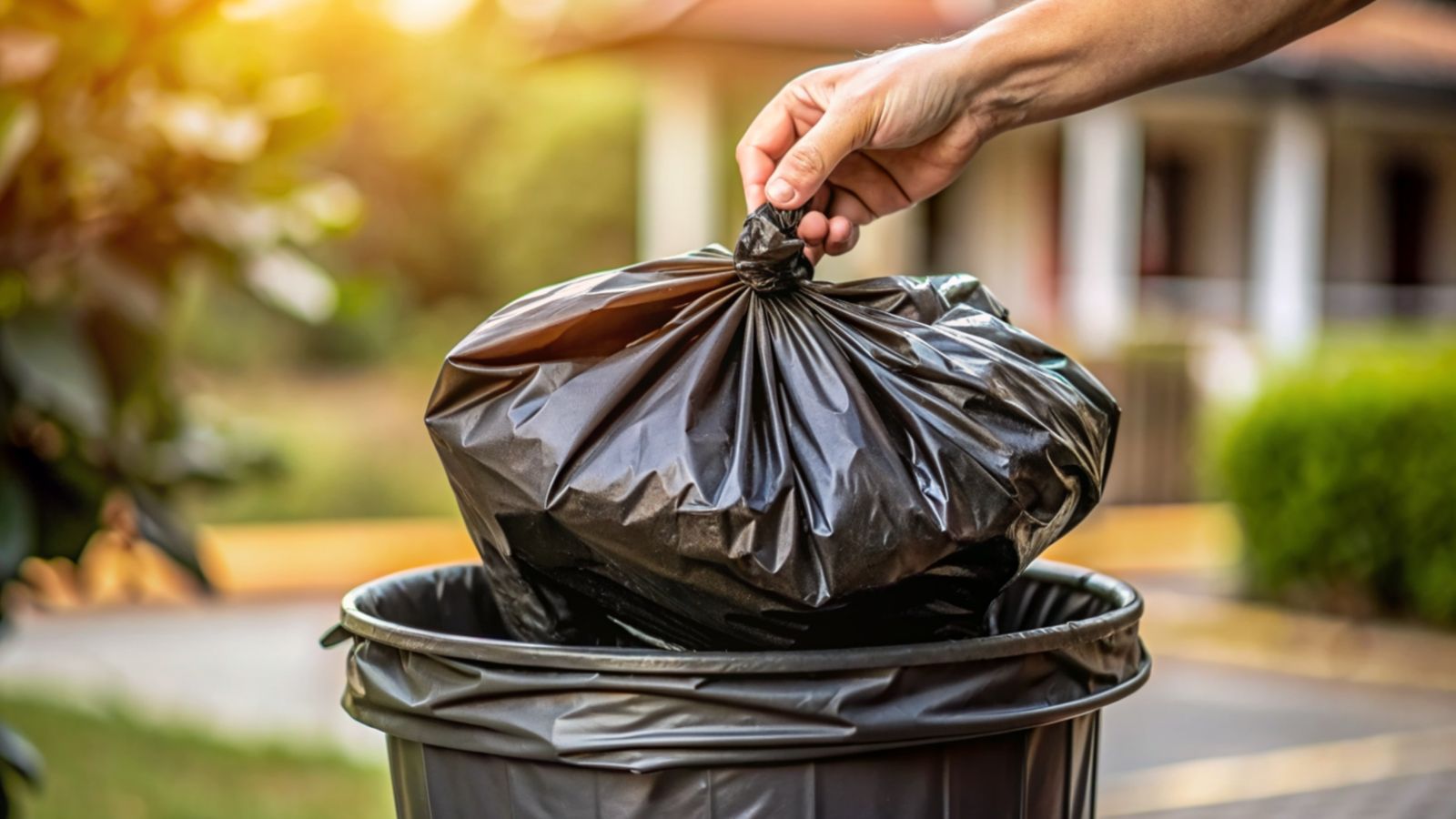
Recyclables shouldn’t be bagged in plastic; they should be put in curbside bins, ready for collection. If you bag them in plastic, the bin collectors may reject them, so check your local guidelines to see which bins take recyclables.
Shredded Paper Is Easily Recyclable
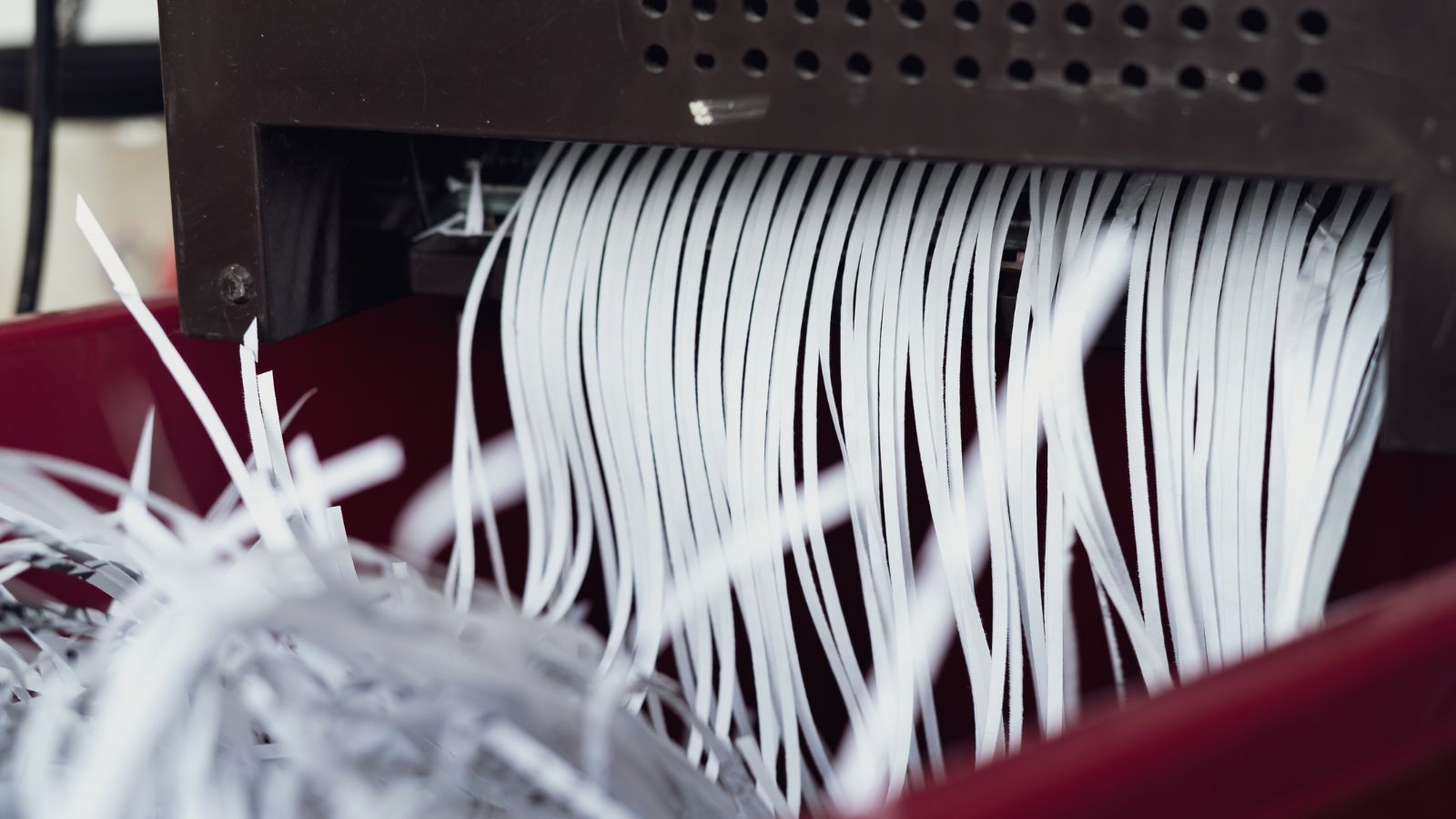
Not all local recycling programs take shredded paper, but it can be recycled. If your local program accepts shredded paper, put it in a cardboard box and staple it shut. This makes it less likely to make a mess when it’s collected from your bin and increases the chance of it being recycled.
You Can Recycle Items with Food Residue
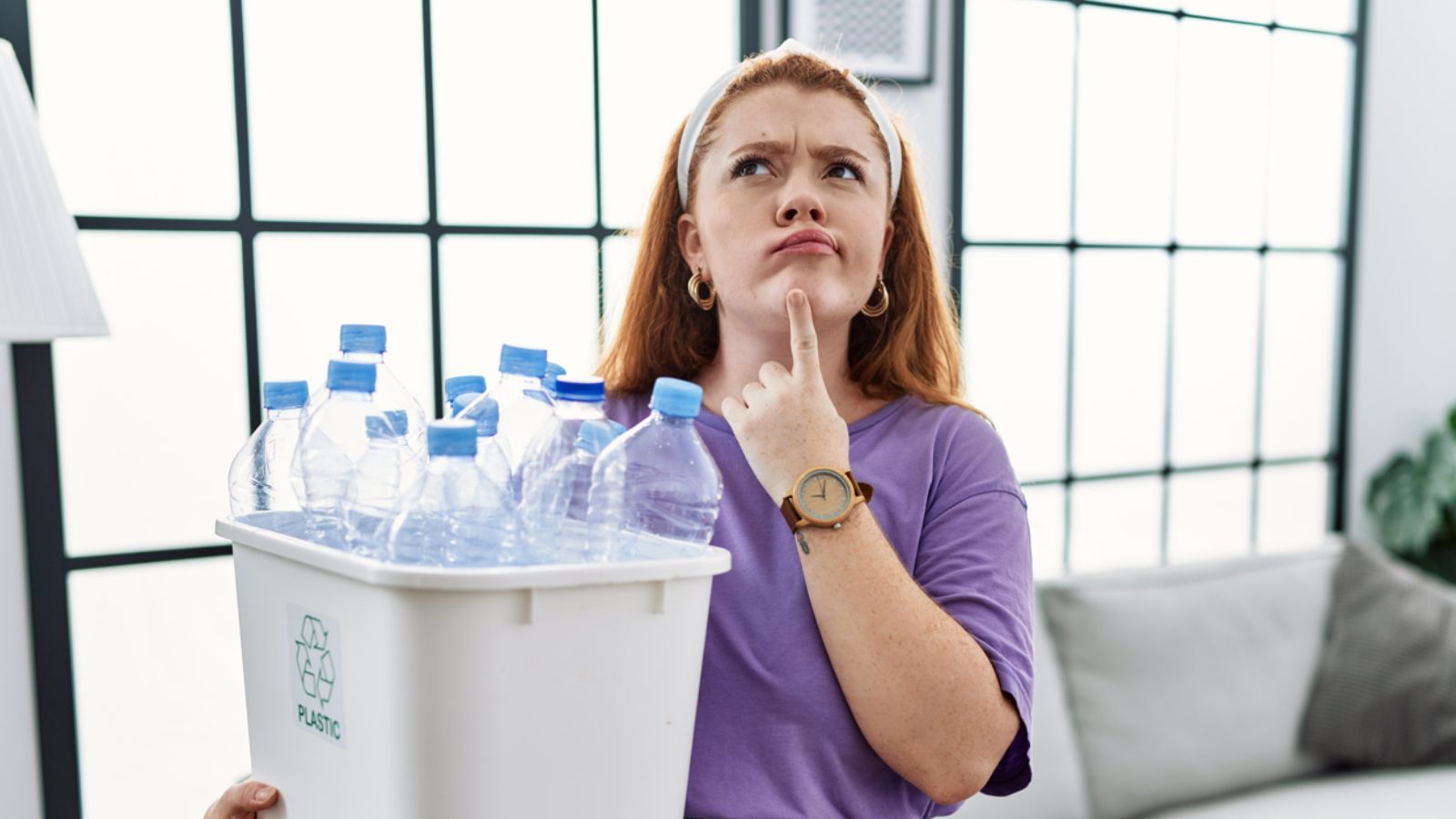
It may be tempting to skip cleaning recyclables after using them, but that will probably send them to landfills. America’s EPA explains that “plastic, metal, and glass materials must be empty and rinsed clean of food debris before being recycled.”
Electronics Are Hard to Recycle
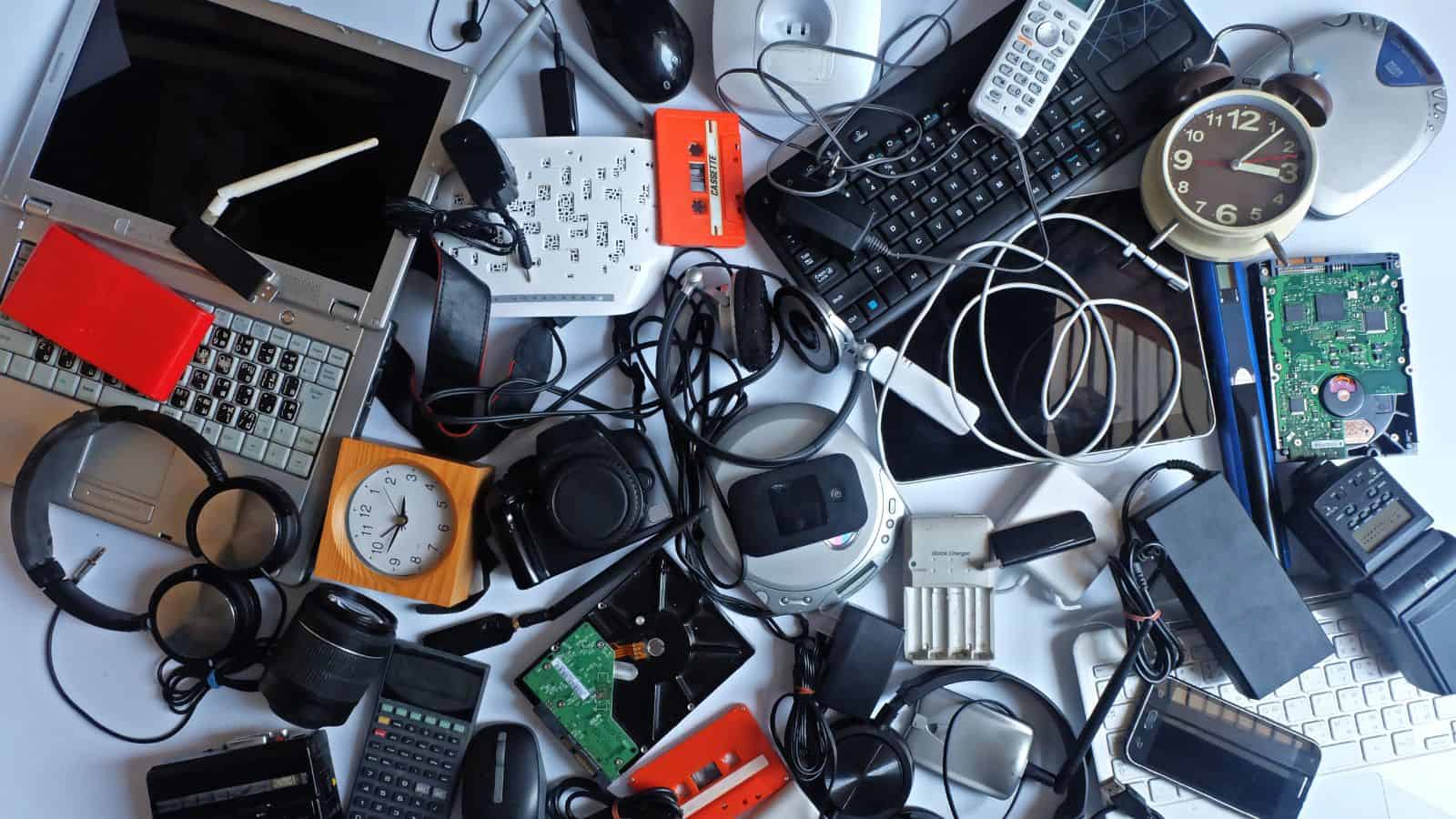
Electronics can be easily recycled at thousands of centers nationwide. If your local center doesn’t take electronics, you could donate them or check organizations like Call2Recycle’s website for collection points.
Recycled Products Are of Lower Quality
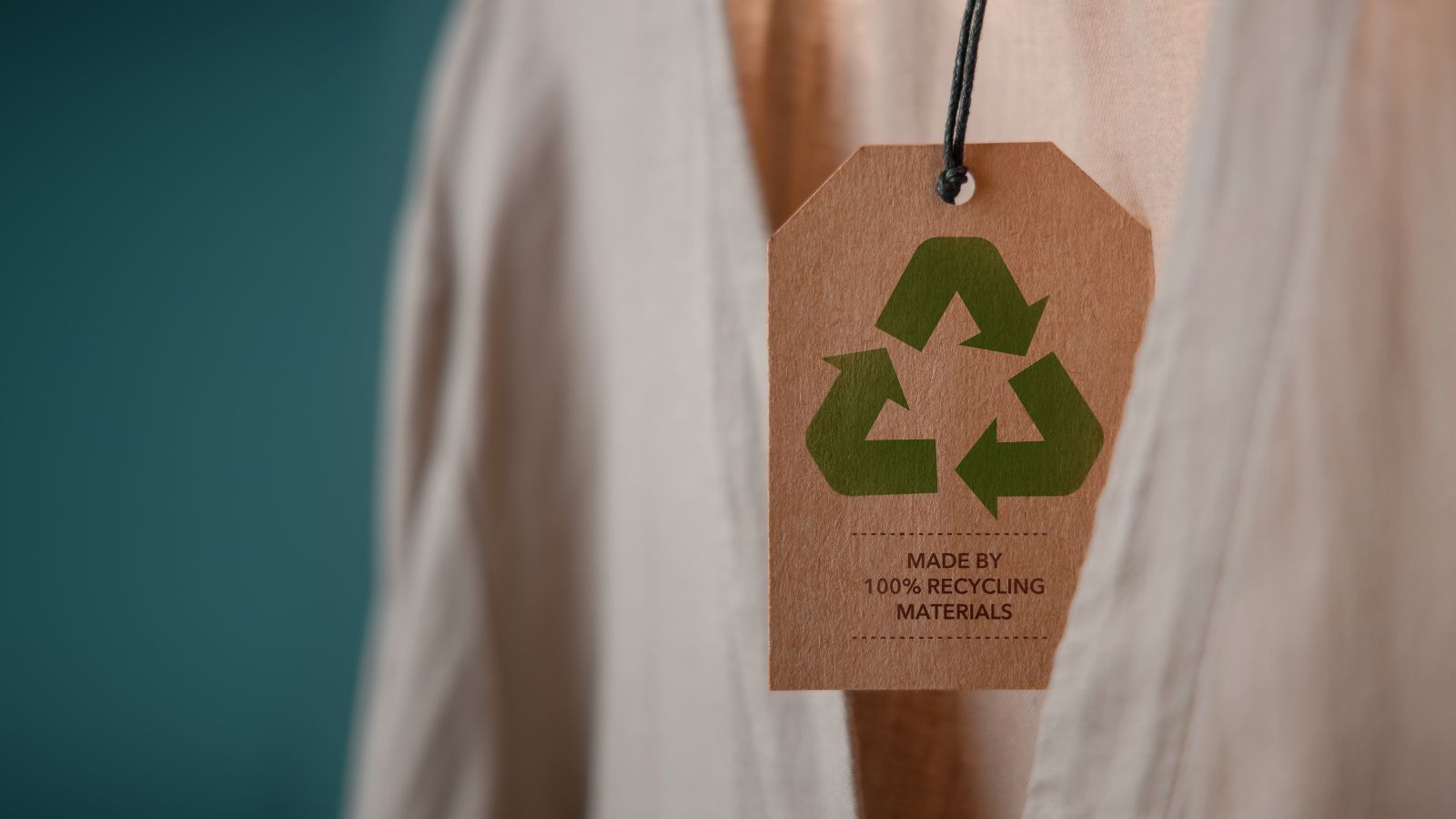
Recycled products can be high-quality, durable items. Clothing can be recycled into new, high-quality garments that last for years, and glass can be endlessly recycled without losing quality.
Single-Stream Recycling Increases Contamination
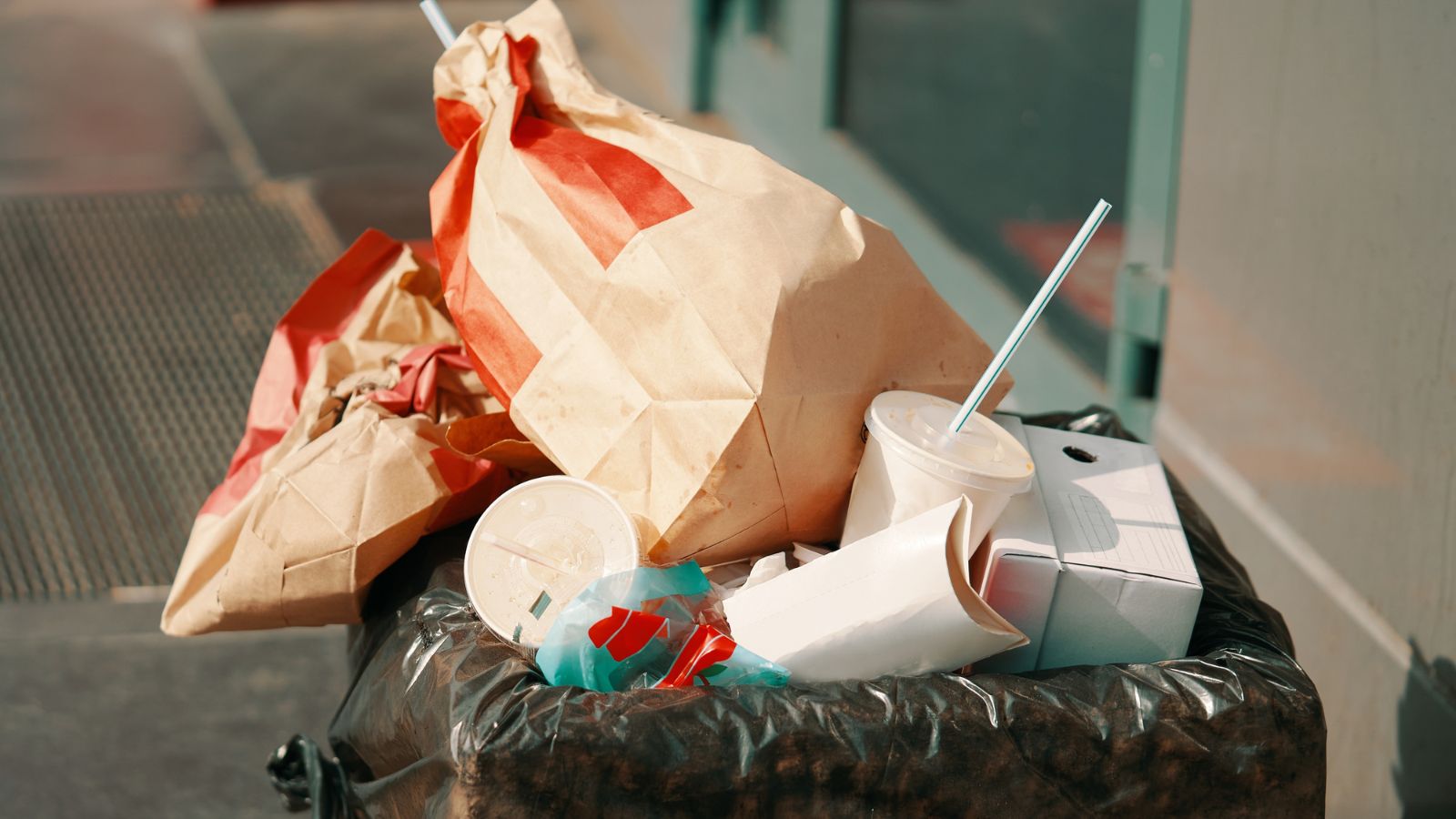
Single-stream recycling is the system of placing all recyclables, including aluminum, cardboard, plastic, and glass, in a single bin. It’s not a perfect system; employees and machines can make mistakes that lead to contamination, but it doesn’t necessarily increase it.
You Can Recycle Clothes in the Regular Recycling Bin
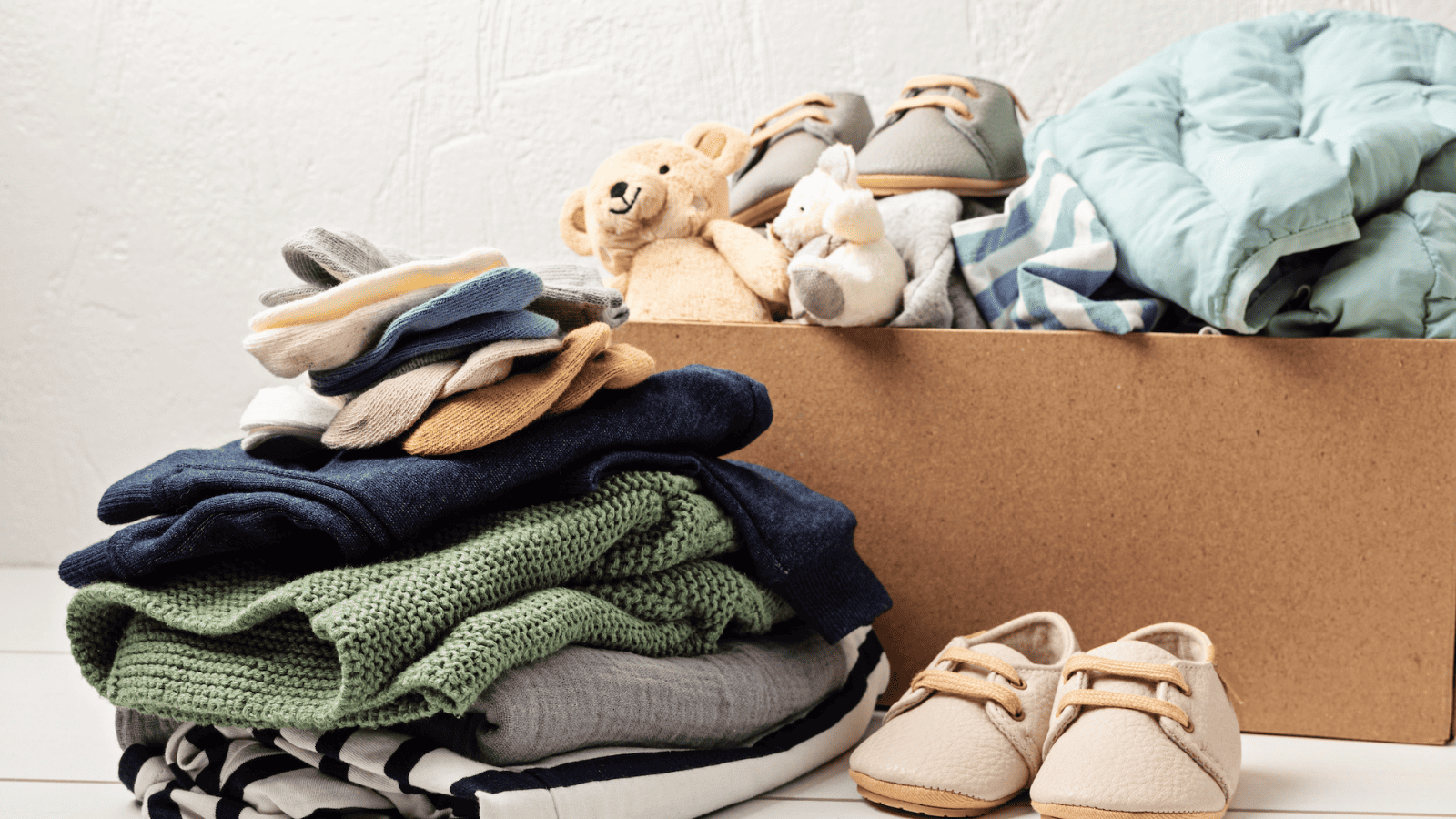
Clothes and textiles shouldn’t go in your regular recycling bin. Some states and localities offer better access to clothes recycling than others, so check to see where the nearest center is that accepts textiles.
Up Next: 18 Worrying Facts About Life in Medieval Times
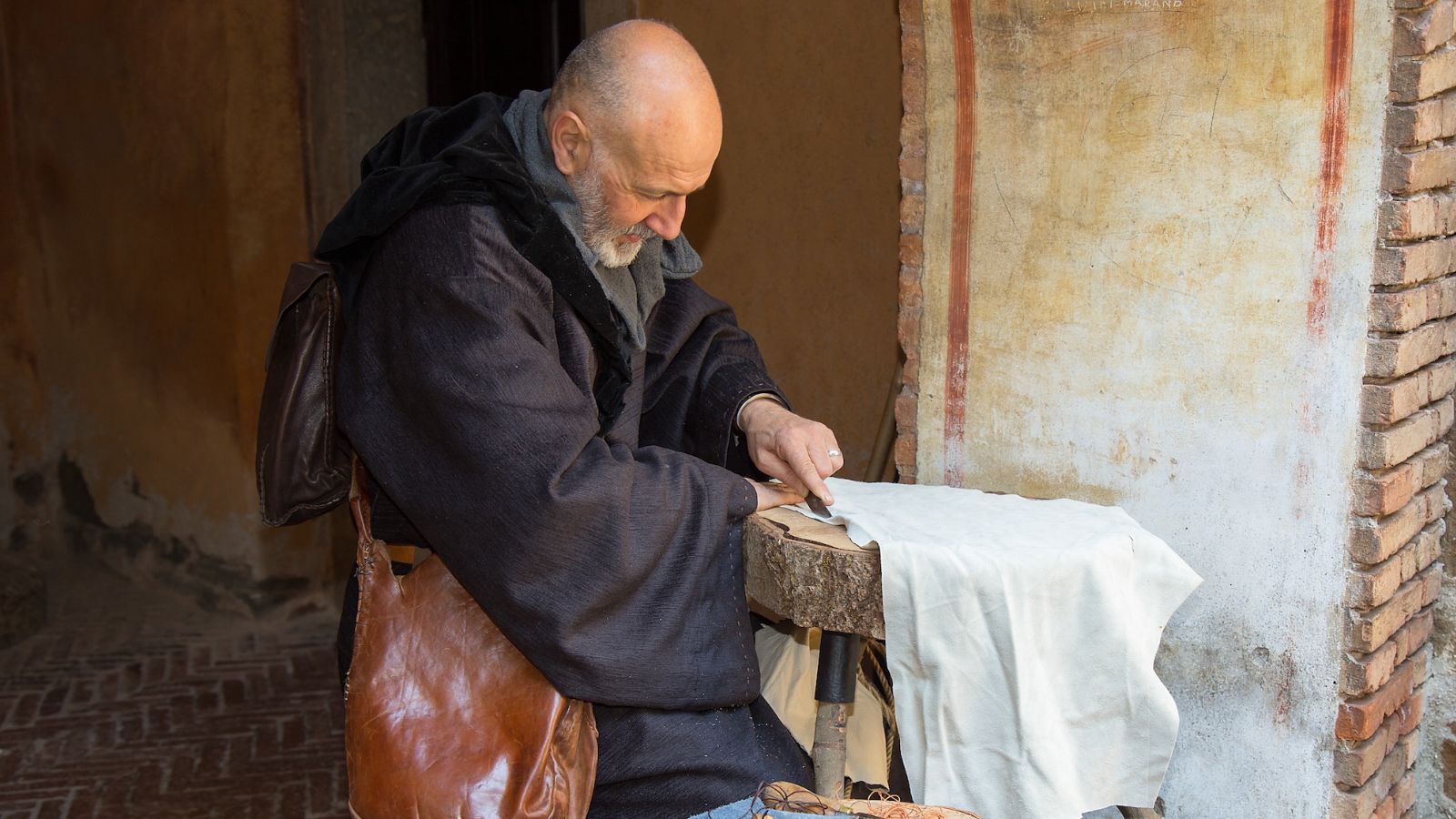
The Middle Ages, also known as the medieval period, lasted from 500 AD to 1500 AD and is usually subdivided into the Early, High, and Late Middle Ages. Life in the medieval period was often brutal, with gruesome punishments, wars, and plagues. Here are 18 terrifying facts about life in the medieval period.
18 Worrying Facts About Life in Medieval Times
19 Easy Ways to Fall Back Asleep After Waking Up in the Middle of the Night

We’ve all been there—it’s dark, quiet, and you’re tired, but you’re still constantly tossing and turning, only to finally fall asleep minutes before the alarm goes off! Waking up throughout the night isn’t just frustrating; it also seriously impacts your energy levels. This article focuses on 19 scientifically proven methods that may help you drift back off more easily.
19 Easy Ways to Fall Back Asleep After Waking Up in the Middle of the Night
17 Things That Are Too Woke For Boomers

Our society is so different from what it was decades ago, and boomers don’t like much of what everyone considers normal in today’s society. In this light, here are 17 things about ‘woke culture’ that particularly make boomers uncomfortable.

